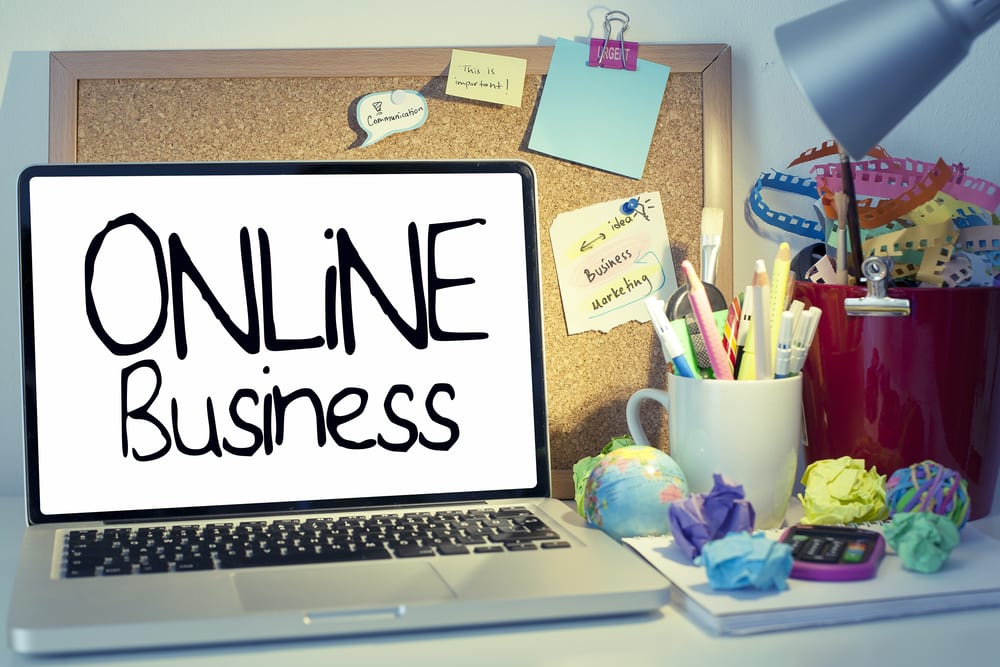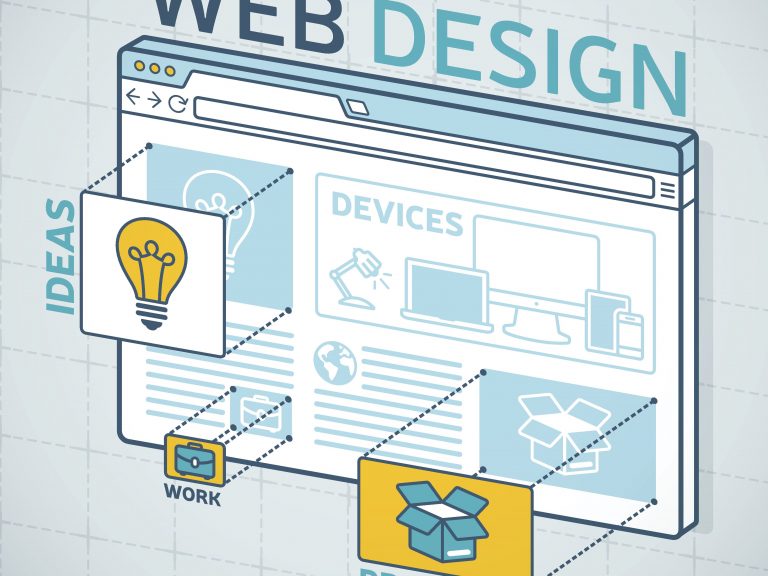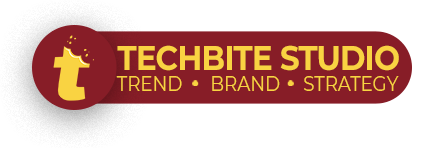How to build an online business in 6 simple steps

Do you want to know how to start an online business? There’s a lot that goes into starting an online business, and it can be difficult to know where to begin if you’re new to the game.
Should you begin by creating a product? Trying to figure out who your ideal consumer is? Are you creating a website? There are so many activities to choose from!
We’ve got your back. Let’s have a look at how to start an online business so you can see how to develop a successful online endeavour step by step:
1. Choose the type of online business you want to start
There are many different sorts of online businesses, and before you start building one, you’ll need to figure out which one is suitable for you.
The following are the five most popular forms of online businesses to consider:
- Digital products-Physical goods aren’t the only things you can sell on the online! Ebooks, training courses, and design templates are examples of digital products that can be used to generate cash online.
- Affiliate marketing-You don’t have any products of your own to sell? Don’t be concerned! You can sell other people’s products via affiliate marketing, and you’ll get paid a commission for each sale you make.
- Ecommerce-The business of selling physical goods over the online is known as ecommerce. Building an ecommerce shop can be a terrific business concept if you have things to sell.
- Freelancing or consulting-Building a freelance or consulting business—and then promoting it and getting new leads online—might be the business strategy for you if you have an in-demand talent.
- Social media-based businesses-There’s also a potential to develop a social media-based internet business if you have a huge social media following (e.g., Instagram, Facebook, Youtube, Twitch…). From corporate collaborations to subscription groups to premium content, you can monetize your social media following in a variety of ways.
Once you’re clear on what type of business you want to create, it’s a lot easier to flesh out a strategy to bring that business to life.
2. Make improvements to your product or service
If you don’t have anything to sell, you can’t run a business. So, before you begin, make sure you devote the necessary time, effort, and resources to creating an unrivalled product or service.
Every business will have a different approach to this part of the process. If you want to sell your products online, you may need to spend money on research and development. If you’re starting a digital products company that focuses on ebooks, you may want to hire a professional editor to check over your material and make sure it’s up to par before going online.
If you’re in the affiliate marketing company, it could mean spending time researching the affiliate opportunities in your niche and ensuring that you’re only pushing the highest-quality products to your audience.
The point is that the success of your online business is dependent on your ability to market your product or service effectively—so don’t cut corners and make sure that whatever you’re selling is something that your clients will be excited to acquire.
3. Build your brand

Because your branding will help you stand out, break through the clutter, and capture the attention of your ideal customer, it’s critical to spend some time thinking about what type of brand you want to create.
To begin the branding process, genuinely think about who you are as a brand. What is your mission and what are your values? What distinguishes you from your competitors? What is the personality of your brand? What do you excel at that no one else does?
Once you know who you are as a brand, you can use that knowledge to guide the other aspects of your brand’s development, such as your visual brand identity and design.
To start a successful online business, you’ll need a few crucial brand design aspects, such as:
- Logo
- Brand color palette
- Website
- Business cards
- As needed, other branding aspects (for example, packaging, marketing brochures, or branded t-shirts)
Your brand identity is made up of all of these factors. They’re the pieces that will tell your customers who you are and broadcast your brand message to the world—and it’s critical to have them in place so that you can control the message when you launch your firm.
4. Build your website

Your website is perhaps the most significant part of your brand identification because you’re developing an online business; it’s where clients will learn about your brand, explore your products and services, and ultimately determine whether you’re a brand they want to do business with.
As a result, it’s critical to get it correctly.
There are a few factors to bear in mind when creating a website for your online business, including:
- Keep your design on-brand-Your website is the heart of your online business; you want your customers to get to know you and your brand, so make sure the design is consistent. Showcase your brand typography, prominently display your logo, use your brand colour palette in your design…do everything you need to do to brand your website properly and consistently.
- Make it responsive-Your website will be viewed by just as many people on a mobile device as it will on a computer, therefore it’s critical that your design looks just as nice on an iPhone as it does on a MacBook. Make sure your website is entirely responsive when building it for your online business, and test it on both a mobile and a desktop device to ensure the design is on point before going live.
- Make purchases simple-Your website’s goal is to increase sales for your online business, so it’s critical to provide a positive user experience and make purchasing your products or services as simple as possible. If you have an ecommerce website, for example, organise your product categories so that customers can easily locate what they’re searching for—and then streamline the shopping cart procedure so that they can add the goods, submit their information, and make the purchase in just a few simple steps.
Want to learn more about how to create a website from the ground up? Check out our guide on building a website.
5.Prepare your logistics

There’s a lot of logistics that go into running a business, and it’s especially vital to have a logistical strategy in place before you establish an internet firm.
Again, the specific logistics you’ll need to set up will be determined by the nature of your firm. However, there are certain logistics to consider:
- Manufacturing-If you’re selling physical goods, you’ll need a way to make them—and, as your business grows and scales, you’ll need a way to make them in larger quantities.
- Shipping-If you’re selling tangible goods, you’ll need a way to get them into the hands of your customers, and you’ll need a dependable, reasonable shipping option to do so.
- Packaging-You may need to work with a professional printer if your products will be put in branded packaging.
- Digital platforms-In order to efficiently run your internet business, you may require a range of digital platforms (for example, a learning platform to host your online course or an ecommerce platform to sell your products).
- Payment processing-You need a simple, secure, and dependable way for your clients to pay you, so set up a secure, user-friendly payment processing option before you launch.
6. Create a marketing strategy
You’ve got your product or service ready to go. You’ve taken care of logistical, legal, and branding. Now is the moment to publicise your brand and begin marketing your online business.
You may engage with your clients and market your internet business in a variety of ways.
Here are 4 alternative strategies to sell your company on the online:

Advertising
Advertising is a terrific method to reach out to your ideal clients, generate interest, and spread the word about your online business.
There are numerous ways to advertise online; for example, you may utilise Google AdWords to promote your products when customers conduct a relevant Google search. You can use Facebook advertisements to target the followers of your competitors’ competitors, and show them why they should do business with you instead. You can buy display advertisements on high-traffic websites where you know your target demographic frequents.
Do advertisements have a cost? Yes. However, if done correctly, it is well worth the investment. One of the most efficient methods to increase visitors to your website—and then convert that traffic into paying customers—is through advertising.
Email marketing
The majority of individuals check their email on a daily (even hourly!) basis. Getting into your customers’ inboxes is a terrific method to raise brand awareness, create the groundwork for a long-term business connection, and, ultimately, increase sales.
Add a pop-up to your website to capture visitor addresses, and then follow up with a mix of relationship-building, educational, and incentivized marketing emails to those potential consumers. So, when someone signs up for your email list, you might send a welcome email presenting your company. Then, a few days later, you might send an email highlighting your best-selling products—and then follow up with a 25% off discount to encourage them to buy those products.
The more people you add to your email list, the more chances you’ll have to sell to them on a regular basis—and the more chances you’ll have to create sales for your online business.
For additional information on how to create effective emails, read this article.
Social media marketing
You want to target your consumers where they’re currently spending their time online—and for many customers, that’s where they’re spending their time? Platforms for social media.
As previously said, social media advertising (such as Facebook ads) can be a highly successful means of reaching out to your customers. There are, however, alternative methods to use social media branding to engage with your audience and, in turn, increase sales.
Create a presence on the social media channels where your target audience spends the most time, and then consistently create content on those networks. Customers will be more likely to follow you on social media if you offer incentives (like exclusive discounts or previews of new products). Engage with followers and respond to any queries they may have about your company, services, or products.
Social media is all about having meaningful dialogues with your clients, and using it to sell your online business is one of the most successful methods to do it.
Content marketing
People do business with companies they believe in. And what better approach to demonstrate to your customers that your company is deserving of their trust? Content marketing is a term that refers to the process of
Creating instructional content, such as blog articles, ebooks, or Q&As, can help you and your company position yourself as a subject matter expert in your field. It demonstrates to your customers that you not only know what you’re talking about, but that you’re also committed to giving them value—even if they don’t buy.
But the problem is, by providing useful content, you’re also providing value to and establishing trust with your audience, ensuring that you’ll be front of mind when they’re ready to buy.
Contact us : +91-8860829261, techbitestudio@gmail.com

